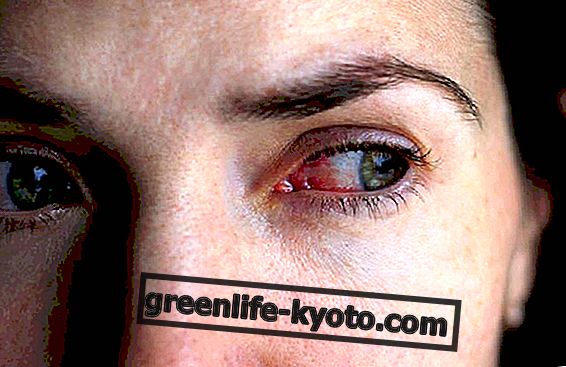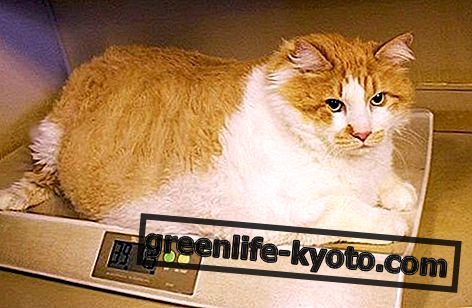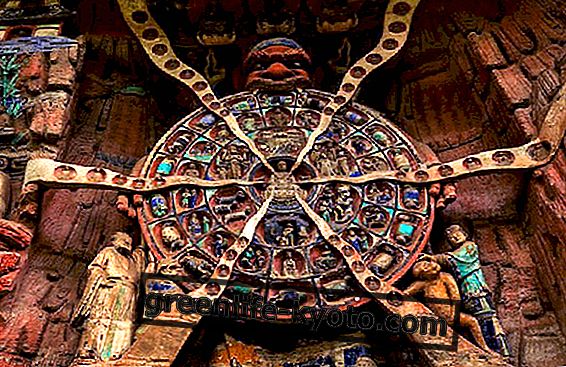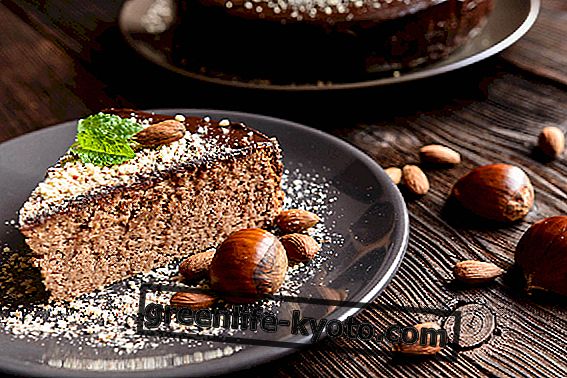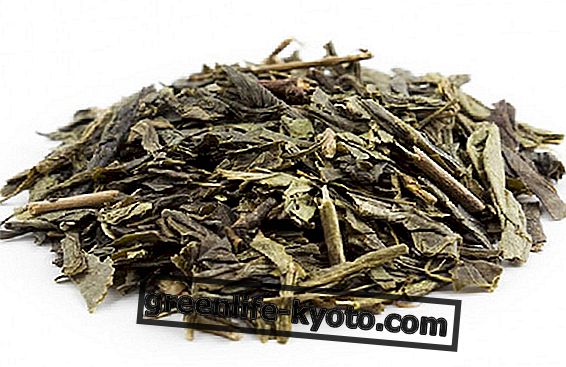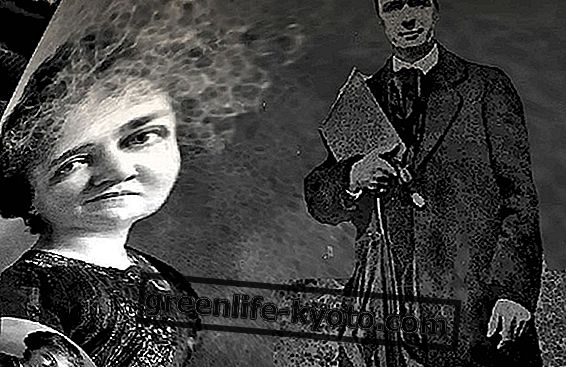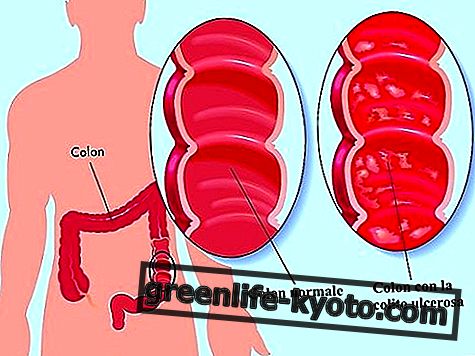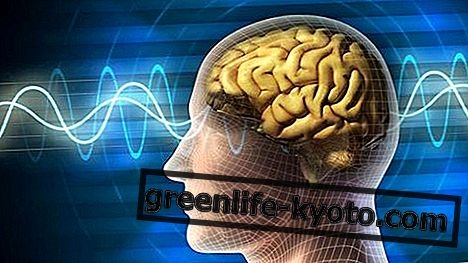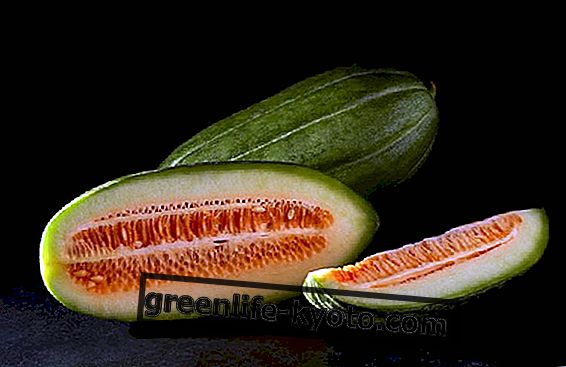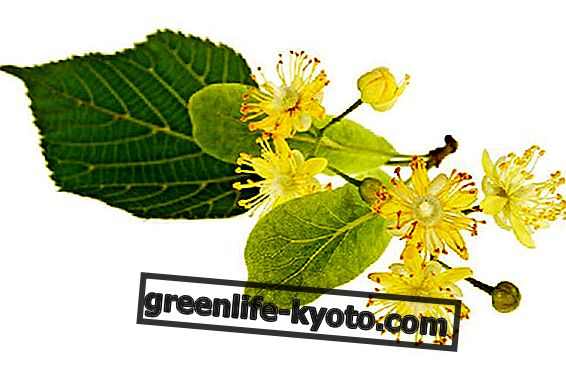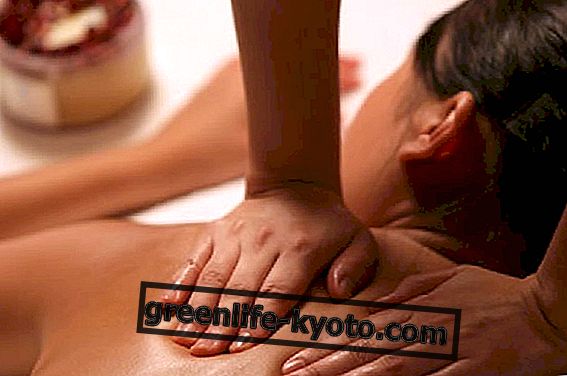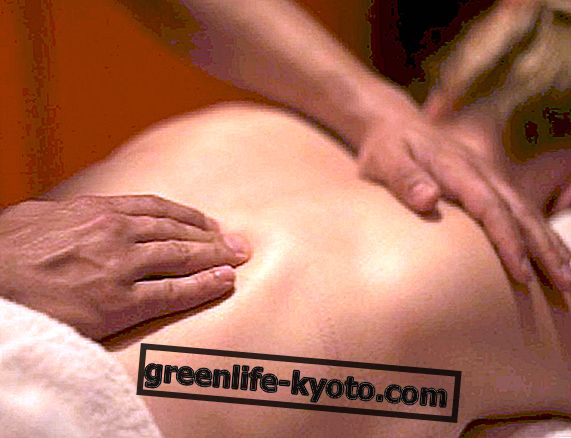
The difficult truth
To claim to know the absolute truth about a topic such as massage, so intrinsically conditioned by the subjective variability of methods and results that, moreover, do not lend themselves at all to being analyzed, measured and reproduced with precision, would be pretentious for anyone.
A massage therapy technique can be differently personalized both by each individual therapist, compared to others formed in the same school, and by each individual recipient, compared to any other with similar problems, yet never the same, both on the same person according to the subtle differences she is present from time to time.
Nevertheless, the changing psycho-physical conditions of the operator and the individual sensitivity of the massaged persons constitute other potential elements of diversity between one treatment and another.
The position of science
It is therefore legitimate to suppose that not even the results of scientific studies in the massotherapic field are to be considered always absolute, universally valid and duplicable : on the contrary, they could have been not only more or less conditioned by the desire of the respective authors to demonstrate a result for any convenient reason compared to the motivations that have stimulated its realization (a bit like for any other scientific research), but also spoiled by the inadequacy of one or more of the infinite variables concerning the operators, the people who undergo the treatment, the type of technique used, how to apply it, etc.
The validity of the results in question can thus be challenged by subsequent research: as an example we recall a study carried out in England in 1997 which examined fourteen scientific researches on massage, criticizing the methodology and defining some recommendations to follow in the future realization of the studies of evaluation of its effects.
In the same year, another British publication placed itself critically on scientific reports attesting to the healing effects of massage and aromatherapy, accusing them of having little scientifically unavoidable basis.
The scarce scientificity of some research on massage is also justified in its inability to be analyzed with traditional procedures and instruments, vice versa successfully used in the study of objects much more definable and standardizable.
The difficulty of scientifically demonstrating the results of alternative disciplines, and of manual massage in particular, has never discouraged the operators of the sector, who comforted by the objective and subjective results of their work have finalized studies and experiences to the continuous and profitable evolution of manual massage therapy.
